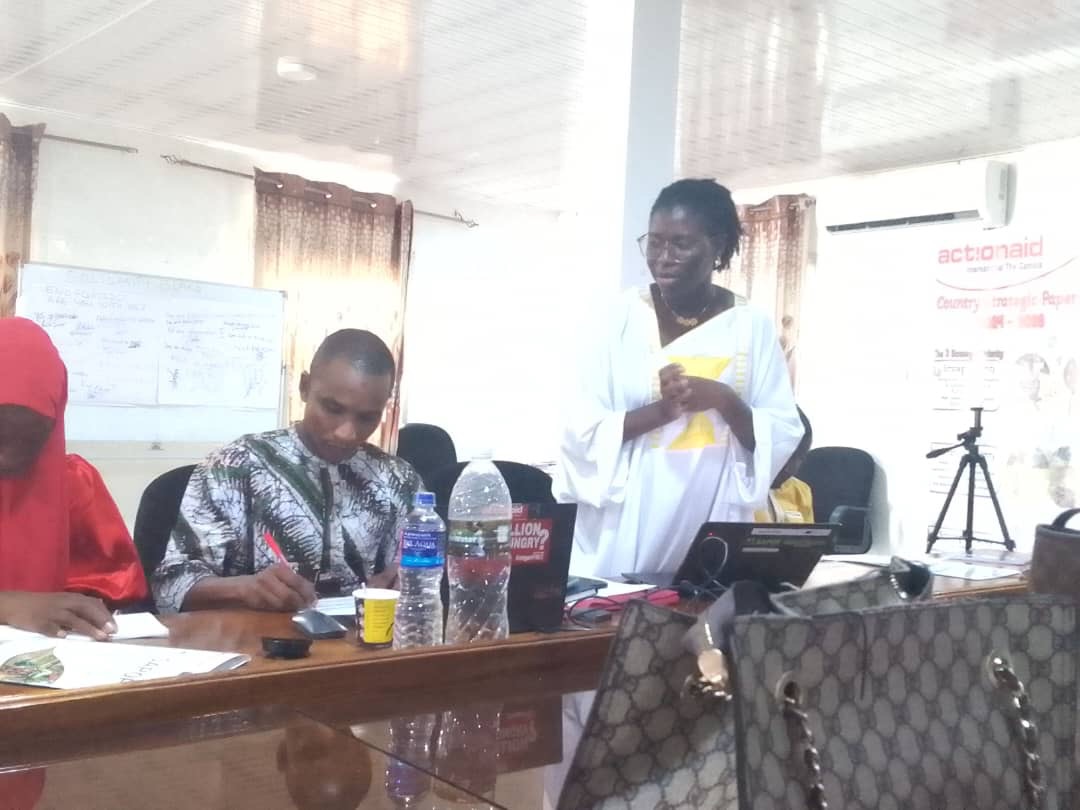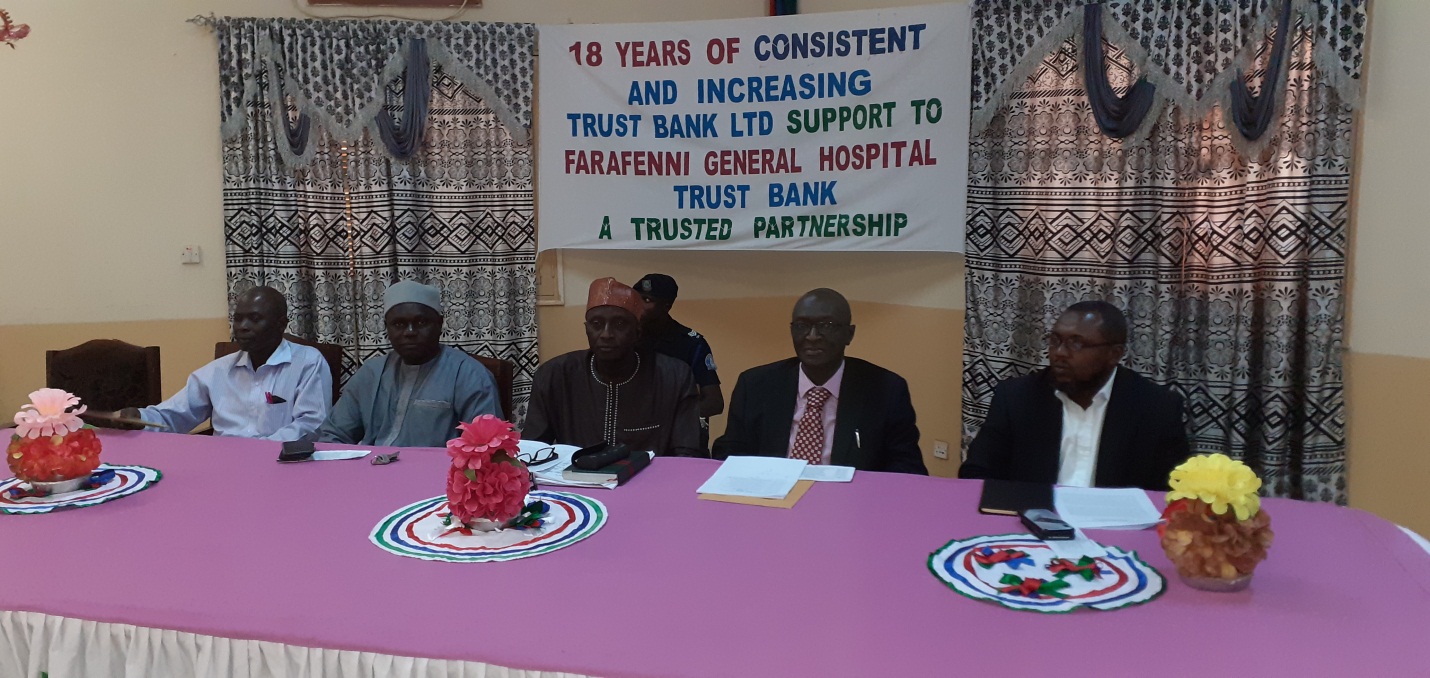By: Fatoumatta Krubally
Action Aid-The Gambia on Friday, 22 November 2024, hosted a training program aimed at empowering journalists.
Mr. Fafa Cham, head of policy and program at Action Aid-The Gambia, emphasized the critical role of media in transforming agricultural practices in The Gambia. He stated, “There’s no doubt that journalists can change the status quo. They can change the situation with their mic, their pen, and their voices.”
The event, which focused on circular economy, agroecology, and organic fertilizer marketing, brought together various media professionals to discuss the challenges and opportunities within the agricultural sector.
Cham highlighted the alarming state of agricultural production in The Gambia, noting that the responsibility does not lie solely with farmers. “The number of production in The Gambia is very low, and it is not the role of the farmer alone,” he said. His remarks come in light of the government’s significant investment in fertilizer subsidies over the past year, which has reportedly failed to reach the most vulnerable farmers. “Those funds that were used to buy these fertilizers are not reaching the most vulnerable farmers. That’s the saddest thing about it,” Cham lamented, pointing out that wealthier individuals often have better access to these resources, with some even exporting fertilizers abroad.
The call for collaboration between journalists and agricultural advocates was echoed by Mr. Karim Sanyang, founder of PAT-ENT, who spoke on the importance of recycling waste and promoting organic fertilizers. He stated, “We need to put in place the right mechanisms,” urging journalists to help amplify the messages surrounding sustainable agricultural practices. Sanyang emphasized that by working together, the media can play a pivotal role in promoting agroecology and enhancing the livelihoods of local farmers.
Mr. Ebrima Jallow, a journalist from GRTS, also contributed to the discussion by outlining how journalists should approach reporting on circular economy and agroecology. He underscored the need for impactful storytelling that highlights the benefits of organic fertilizers and sustainable farming practices. “The production and digitization of organic fertilizers need to be promoted,” he asserted, reinforcing the idea that innovative solutions are essential for improving agricultural output.
The training program served as a vital platform for fostering dialogue between journalists and agricultural stakeholders. As Mr. Cham aptly put it, “It is ironical to spend millions of dalasis to subsidize fertilizers while we can have better products that are much cheaper and accessible to our vulnerable farmers.” The collective efforts of journalists can indeed drive change, ensuring that the voices of those most affected by agricultural policies are heard and that sustainable practices are prioritized for the benefit of all Gambians.
PAT-ENT plays a crucial role in promoting organic fertilizers as a healthier alternative to the chemical fertilizers traditionally used by farmers. The organization emphasizes the negative impacts of chemical fertilizers not only on soil health but also on the well-being of farmers and consumers. By advocating for the use of organic fertilizers, PAT-ENT seeks to educate farmers about sustainable practices that enhance soil fertility without harming their health or the environment.
Their efforts are particularly important in raising awareness about the benefits of organic farming, which can lead to healthier crops and a safer food supply. By shifting the focus from chemical to organic fertilizers, PAT-ENT aims to improve agricultural practices in The Gambia, ensuring that both farmers and consumers can enjoy the long-term benefits of healthier soil and produce. This initiative aligns with the broader goal of promoting agroecology and sustainable agriculture in the region.





